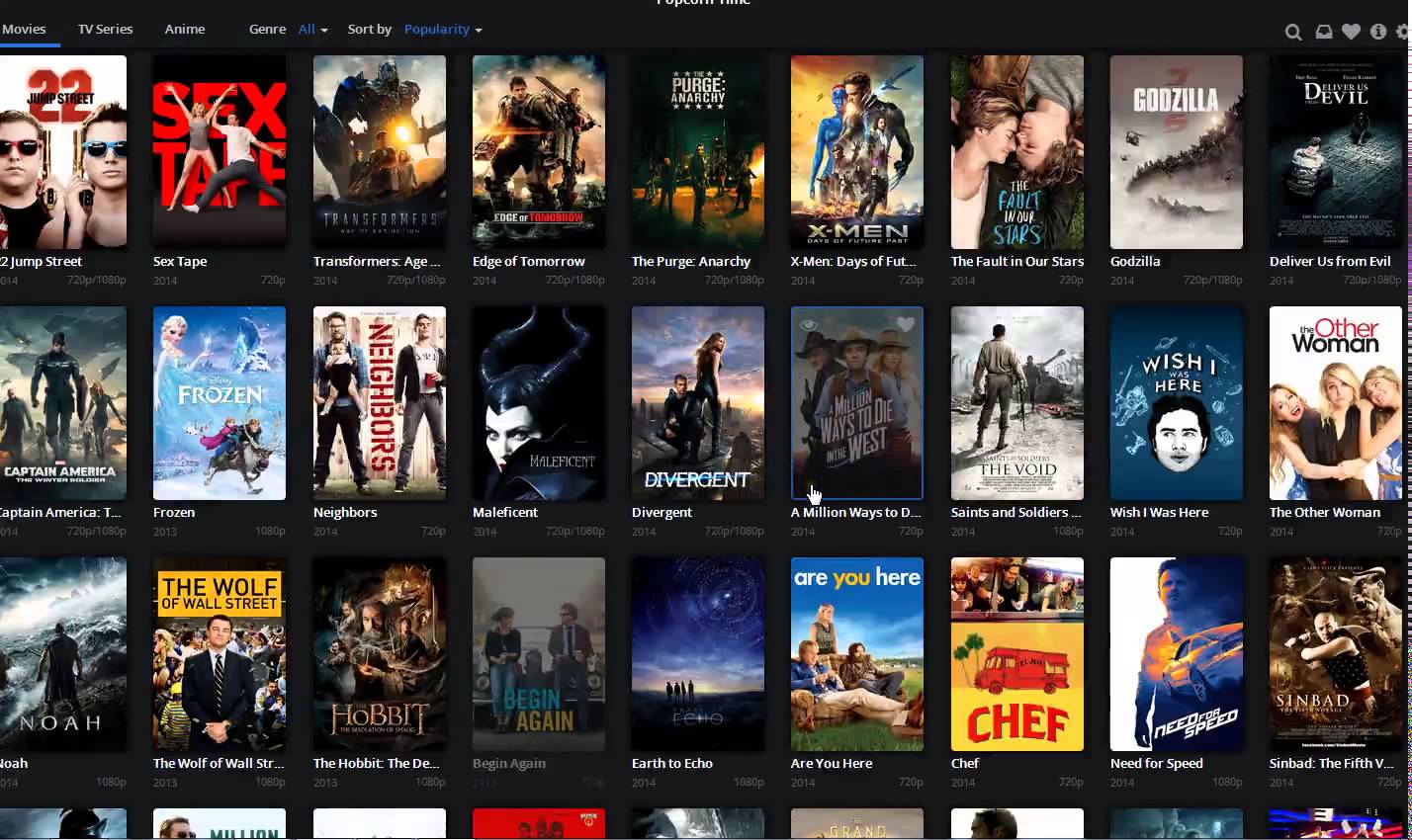We all have favorite movies https://cb01nuovosito.net/, favorite memories relating to movies, and in some cases movies that help us define our lives. While you may not think about it, movies have probably enriched your life.
Movies are stories told in a rich medium. Stories are how we make sense of the world. They hold tremendous power to surprise and delight; to affect in ways far beyond entertainment. Stories, well told on film, can affect our views of ourselves and alter our perspectives of our world. Stories, without question, have made our lives better.
Learning is one of the most important parts of life. In fact, the ability to learn in a multitude of ways is one of our most human qualities. We learn best when we are immersed in a situation, actively involved in the learning process. Movies can help us learn because they wrap us up in a story. If you’ve ever jumped or screamed or cried during a movie, you’ve experienced the power of film.
While most think of movies as entertainment, a diversion or an escape because of their very nature they can be much more than that. As the previous paragraphs show, they likely already have become a source of learning in your life.
There are some general questions that can be helpful when reviewing a movie – whether to reflect personally or to spark a conversation. These questions can be used with any movie and can be, by themselves, the foundation of meaningful learning opportunities. These core questions include:
This is one reason why you can watch a movie twice, even if only a few days apart, and have a very different experience. Your mental filters are the reason why you may experience a movie differently on different viewings.
Some of your filters are life-long, based on your values, early experiences and deeply held beliefs. For example, people who grew up in India will have a different perspective and therefore view the movie Gandhi much differently than Americans will. Different filters are largely the reasons for these distinct perspectives.
Other filters are related to more recent events and the various roles you are playing in your life at that time. If you saw The Sound of Music after recently being widowed, your reaction to Captain von Trapp might be different than in previous viewing of this movie. These more recent filters are the main causes of unique experiences during various viewings of the same film.
The question “If you’ve seen the movie before, how was your experience of the movie different from past viewing(s)? What struck you the same or differently?” is included to help you examine your filters. Often by thinking about these filters, movies can help you reflect your own growth and change over time, as well as how current situations are shaping you.
Creating Group Conversation
While you can do the first two tasks by yourself, I’m guessing you often watch movies with other people, so it’s natural to consider having a conversation with others about a movie.
Of course, this happens naturally already, either with the people you watched the movie with or around the coffee pot when you all realize you’ve all seen the same movie.
Since conversations about movies are natural, all I am suggesting is that you consciously extend and/or facilitate the discussion so that everyone can take lessons and insights for their own lives from the fiction you’ve experienced on film.
This may be as simple as you interjecting questions from the reflective question list into the normal movie banter, or it might be even more intentional where people agree ahead of time to extend the entertainment of the movie into the education that can be derived from it. Either way, everyone wins!
In the second case, if you are leading the conversation, the best way to begin is to simply tell people that the goal is to learn from the experience of the movie. Let them know that you want this to be fun, and encourage them to really listen to each other.
Encourage them to approach the conversation with a spirit of inquiry, not of debate. Conversations usually aren’t very fulfilling when everyone has the same opinion, so encourage people to share their thoughts, even if they seem “way out” or different from the opinions of others. When you set up the conversation that way, you are well on your way to a great interchange and much new learning for everyone.
Potential Pointer: Movies are a part of our lives, whether you watch several a week or haven’t been to the theater in years. Because movies provide a rich sensory experience of a story, they provide a wonderful platform to learn when you take the time to intentionally extract lessons from them.

